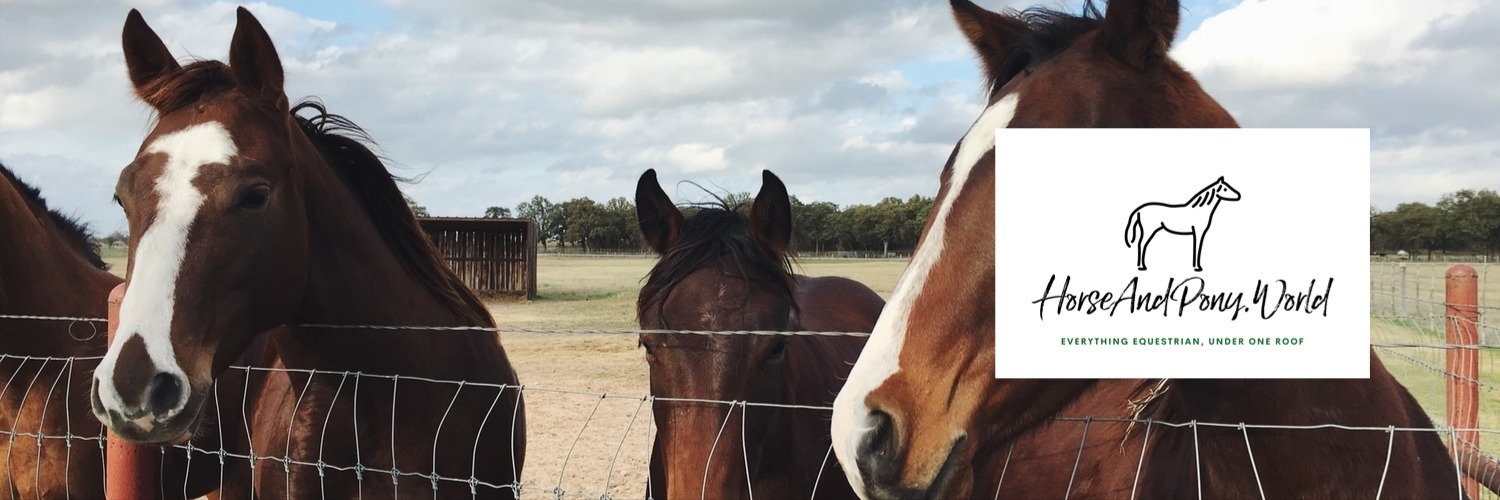
Pony Horses Health Management and Care
To maintain the wellbeing and longevity of these magnificent creatures, pony health management is essential. For them to be healthy and content, proper care and attention must be given to both their physical and emotional requirements.
Here is a thorough analysis on managing ponies’ health:
Health Monitoring:
Schedule routine veterinary exams to assess your pet’s general health, immunizations, dental health, and deworming. A farrier should come by frequently to preserve the health of the hooves.
Implement a deworming regimen in accordance with your veterinarian’s instructions for parasite control.
Dental care:
Check your pony’s teeth once a year, and if necessary, make arrangements for any necessary dental care, such as floating.
Proper Consultation:
Ponies require immunizations to protect them against common ailments including tetanus, rabies, and the West Nile virus. For a personalized immunization regimen, speak with your veterinarian.
Hoof Care:
In order to avoid lameness and other foot-related problems, proper hoof care is essential. You should regularly trim and shoe your horse in accordance with your farrier’s instructions.
Control obesity:
Keep track of your pony’s weight to avoid obesity, which can cause conditions like laminitis. Diet and exercise should be adjusted accordingly. Prepare yourself for eventualities by keeping a first-aid kit on hand and learning the fundamentals of equestrian first aid. In case of crises, be aware of the closest equine vet facility and be prepared to transfer your pony.
Nutrition:
Ponies need to eat a balanced diet that includes premium hay, clean water, and perhaps extra grains or concentrates. Depending on the pony’s age, activity level, and state of health, its precise dietary requirements may change. Ponies should have access to high-quality forage, such grass or hay, is necessary for a healthy digestive system and mouth. Ponies must have access to shelter in order to be protected from harsh weather conditions such as heat, cold, rain, and wind.
Clean Environment:
Maintain a clean environment to avoid the accumulation of manure, which can attract pests and spread illness. It will also boostup the ponies health and protect ponies from infectious diseases.
Physical Activity and Mental Stimulation:
Ponies must regularly exercise in order to preserve their physical and mental wellbeing. A safe pasture or paddock is required for turnout time. With the help of games, riddles, and interactions with other horses or animals, you may stimulate a child’s mind.
Stress Stimulant:
Ponies are gregarious creatures and, if left alone, may experience loneliness or stress. A minimum of two ponies should be kept, or you should provide for interaction with other horses. Regular grooming keeps your pony clean and enables you to look for any skin conditions or wounds.
Keep an eye on behavioral change:
Keep an eye out for indications of stress, disease, or discomfort in your pony. A health concern may be indicated by changes in appetite, energy levels, or social interactions. Ponies should be trained and treated with respect when being handled and in other situations. Methods of positive reinforcement may be quite successful in teaching children and controlling their behavior.
Keep in mind that each pony may have unique requirements and problems, so it’s crucial to collaborate closely with an experienced equine veterinarian and farrier to develop a customized health management strategy. The secret to keeping your pony healthy and content is to provide regular, attentive care and prompt action in case of problems.

Leave your comment
You must be logged in to post a comment.